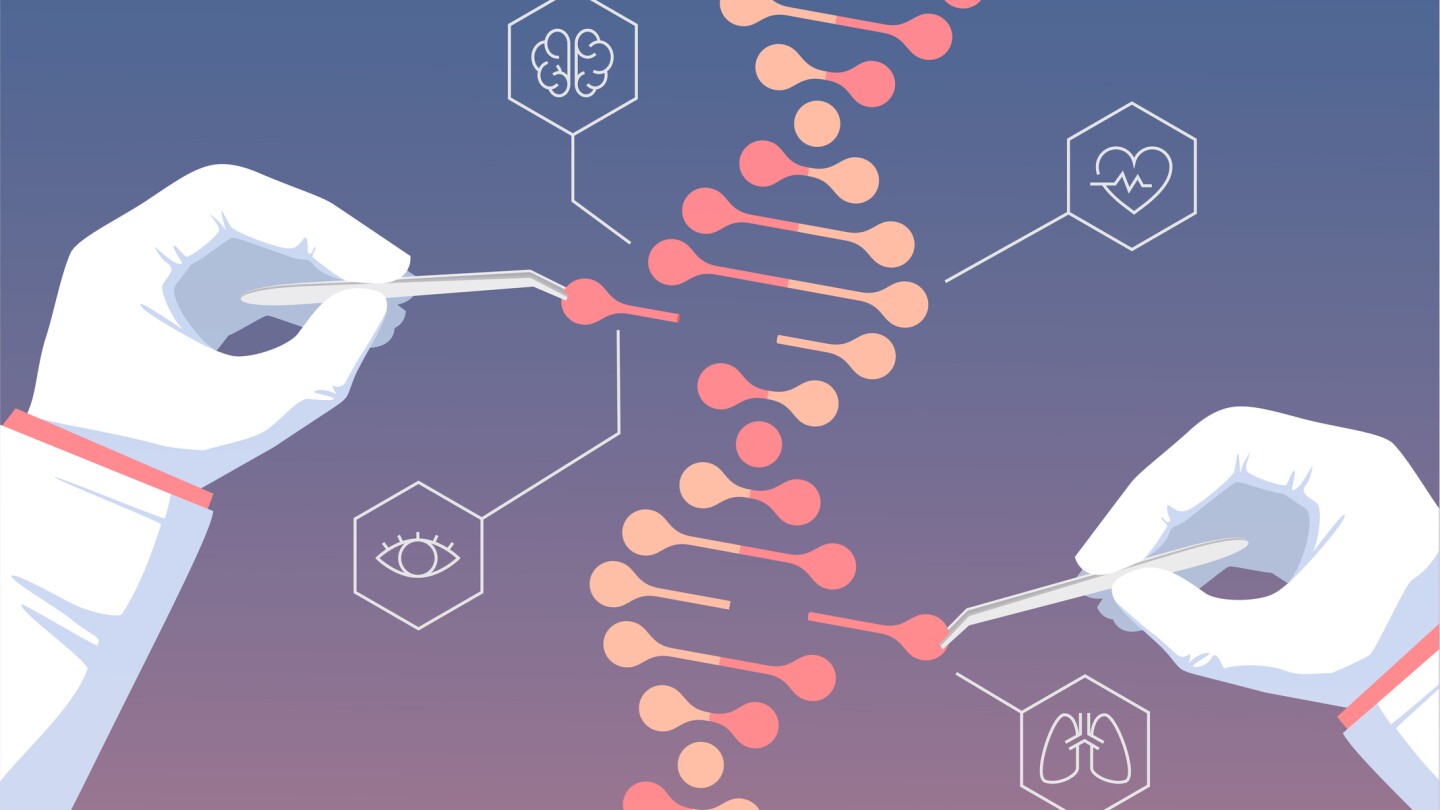Gene editing
Following over a year of slow uptake, Vertex Pharmaceuticals and CRISPR Therapeutics expect Casgevy revenues to nearly triple in 2026, as patient access to the sickle cell disease and beta thalassemia gene therapy grows.
A recurring theme Tuesday morning at Phacilitate’s Advanced Therapies Week was the quickly emerging potential of in vivo approaches to cell and gene therapy—a trend also reflected in recent investments by Eli Lilly and Regeneron.
In this episode of Denatured, Jennifer C. Smith-Parker speaks to Erik Digman Wiklund, CEO of Circio and Jacob Becraft, Co-founder and CEO of Strand Therapeutics. They discuss how post-COVID, emerging platforms like circular and logic circuit RNA are expanding the field’s therapeutic horizons.
Nearly 100 biotechs went public amid the industry’s IPO frenzy in 2021, driven by an influx of pandemic-driven investments. But many of those companies have little to show investors.
The deal will help bolster Eli Lilly’s growing hearing loss portfolio, which is anchored by the gene therapy AK-OTOF.
After a patient safety signal and then death, the FDA in October 2025 placed holds on two of the company’s CRISPR programs for hereditary transthyretin amyloidosis.
Aurora joins the clutch of companies linked to Nobel Prize winner and CRISPR trailblazer Jennifer Doudna.
A push to reshore some drug production and progress in advanced manufacturing technologies have been prominent trends this year, industry leaders say.
The centerpiece of the deal is the in vivo editor TSRA-196, which in preclinical studies has shown robust editing at SERPINA1, the locus linked to alpha-1 antitrypsin deficiency.
After revoking Sarepta’s award in July and awarding one to Krystal last month, the FDA’s platform technology designation program appears to be back on track. These six biotechs could be on the regulator’s radar.
PRESS RELEASES










